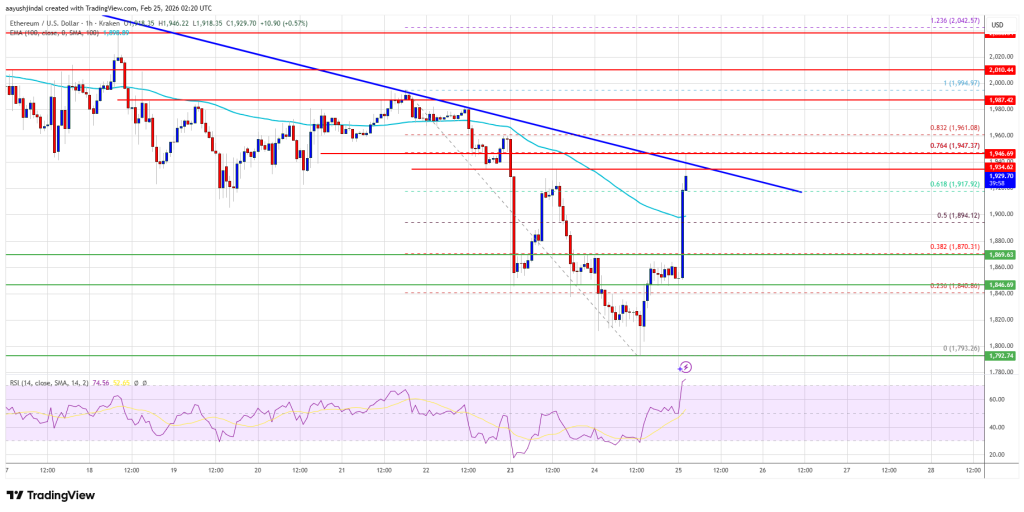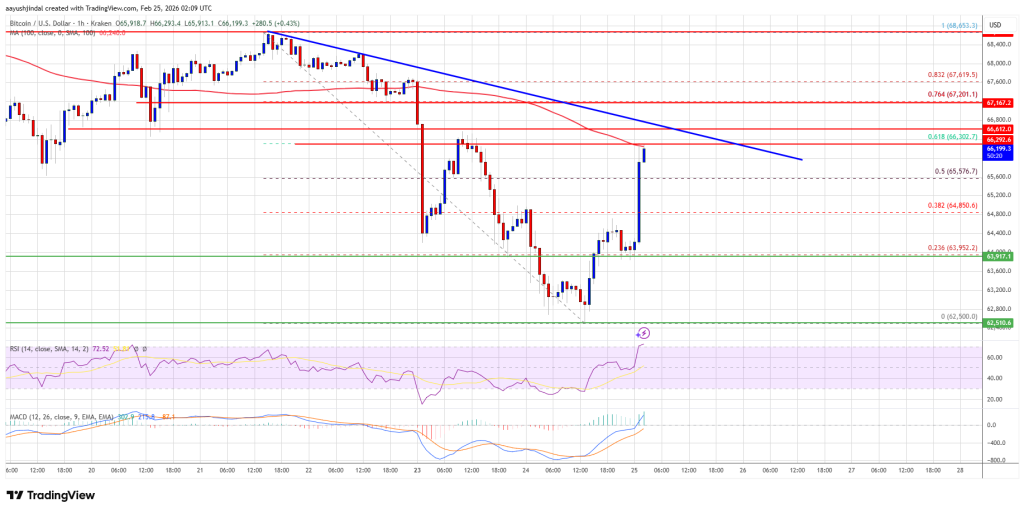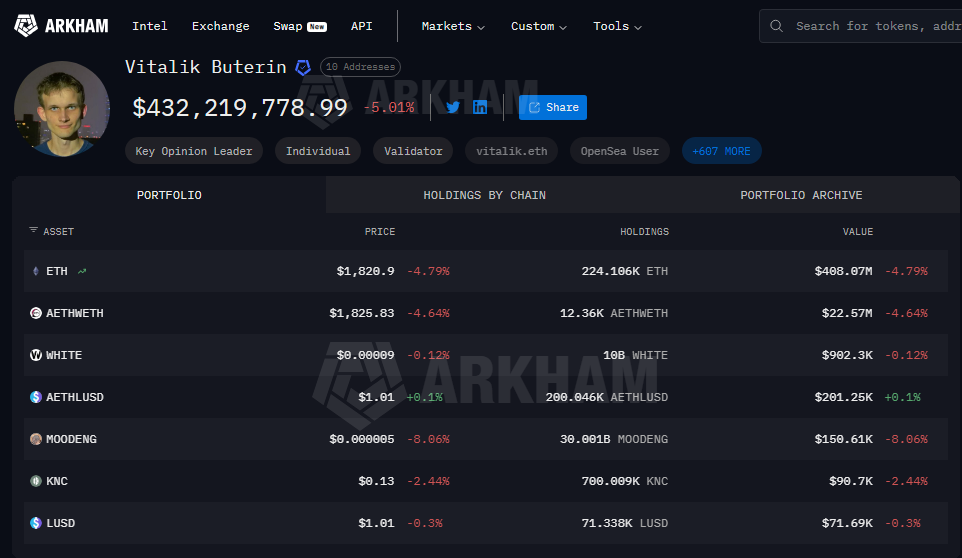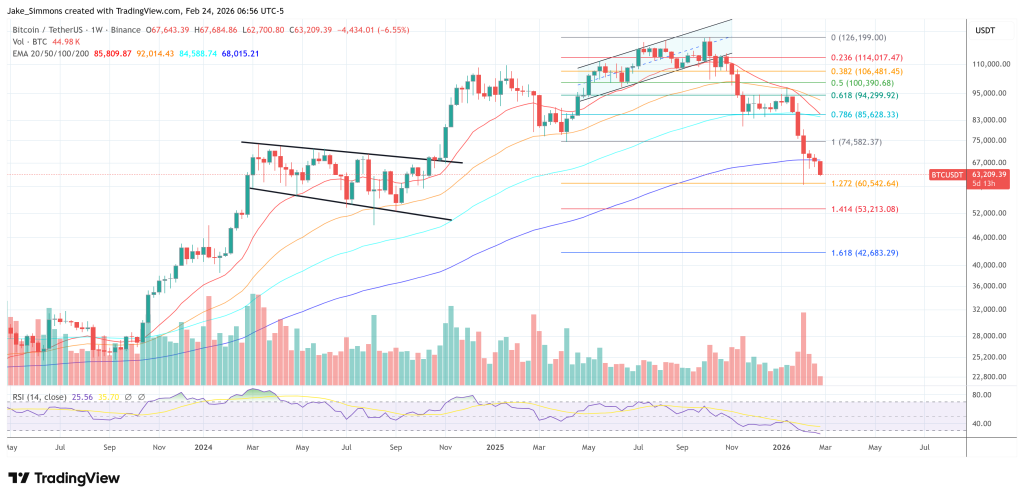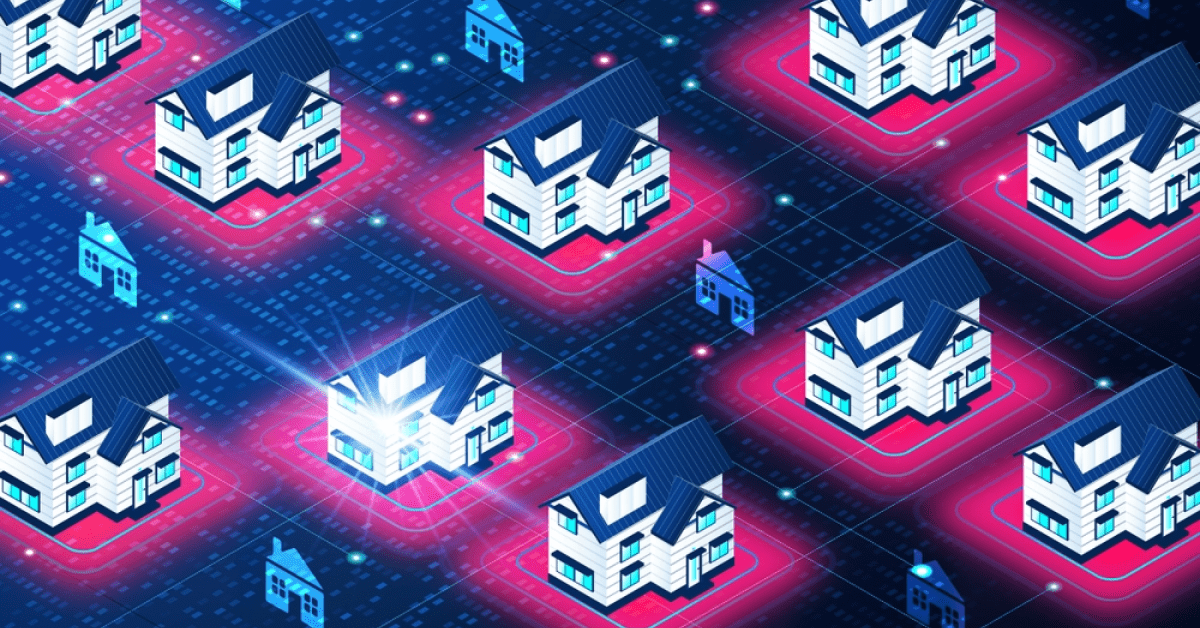
Why Real Estate Tokenization Isn’t Working Yet – And What Needs to Change
Real estate tokenization has long been hailed as a groundbreaking technology that could reshape the real estate market by allowing property ownership to be divided into tradable digital assets. But despite the growing buzz around this innovative concept, real estate tokenization is still struggling to gain widespread adoption, and there are several key challenges that need to be addressed before it can become mainstream.
The Core Issue: Lack of Integration with Land Registries
The primary roadblock to real estate tokenization’s success is the lack of a standardized framework to connect blockchain platforms with land registries. In its current state, tokenization of real estate properties is akin to creating digital certificates that represent ownership but lack any real-world, enforceable connection to the underlying property. For tokenization to be effective, it requires direct integration with official land registries that confirm and authenticate ownership.
Without this, even if tokens are listed on exchanges or platforms like Binance, they remain, at best, speculative digital certificates—lacking the necessary legal backing and liquidity to make them meaningful financial assets. True market legitimacy and institutional involvement will only come once blockchain platforms are fully connected to land records.
The Need for a “SWIFT for Real Estate”
The real estate tokenization industry desperately needs a global, standardized framework to connect blockchain platforms with land registries. This system would act like the SWIFT network for real estate, facilitating seamless property transactions by verifying ownership in real-time and ensuring that transfers are automatically settled across jurisdictions. Without this essential infrastructure, real estate tokenization will struggle to build liquidity and institutional trust.
Countries like Dubai are beginning to explore the possibilities of blockchain-powered land registries, and major developments are underway to create systems that can link global buyers to UAE properties. The Dubai Land Department, for example, has been pioneering efforts to make the tokenization of real estate a reality, and major announcements are expected soon, particularly during global events.
The Role of Institutional Players
Beyond regulatory approval, one of the critical success factors for real estate tokenization is the involvement of large institutional players. Sovereign wealth funds, pension systems, and other big financial institutions have the capital to drive liquidity in the market, but they need assurance that the framework for real estate tokenization is secure, reliable, and legally sound.
Without a trusted system in place, institutions will remain hesitant to participate. For real estate tokenization to become more than a niche technology, it needs deep liquidity from institutional investors who demand robust legal frameworks, standardized infrastructure, and cross-border compatibility before entering the market.
The Four Pillars for a Digital Real Estate Future
Based on the current landscape and observations, there are four key elements required to make real estate tokenization viable at scale:
Market Makers: Professional market participants who provide liquidity for large real estate transactions, ensuring reliable bid-ask spreads and continuous market activity. These actors—primarily large financial institutions—are necessary for maintaining a healthy market.
Standardized Infrastructure: We need more than just the ability to tokenize properties. The industry must develop comprehensive systems for settling trades, pricing assets, and ensuring compliance. This includes creating APIs, methods for settling trades across borders, and integration with both traditional and digital financial systems.
Legal Framework: Regulatory certainty is paramount for real estate tokenization to work. Clear guidelines on ownership, token issuance, secondary trading, and cross-border transactions must be established to facilitate trust and engagement from both developers and investors.
Digital Land Registries: While not immediately necessary for initial market function, the integration of digital land registries on the blockchain is essential for scaling up the market. Connecting property records directly to the blockchain will unlock future opportunities for property management, financing, and automation.
The Current State and the Road Ahead
The tokenization market has huge potential—some experts estimate it could be worth $867 trillion globally—and real estate, the world’s largest asset class, is central to this transformation. Despite significant advancements, the tokenization of real estate is still in its infancy, and there are substantial hurdles to overcome before it can fulfill its promises.
Countries like Switzerland, Singapore, and the UAE are leading the charge, with innovative regulatory environments and technological infrastructure that support the growth of tokenized assets. However, even in these markets, liquidity and regulatory issues persist.
In 2023 alone, several high-profile tokenization projects, including those in the U.S., failed to generate meaningful trading activity, indicating that while the technology works in controlled environments, the broader market is still unprepared to handle the scale of these changes.
Lessons from SWIFT: A Model for Real Estate Tokenization?
The story of real estate tokenization mirrors the evolution of global banking networks. Before SWIFT was created, banks operated in isolated silos, unable to easily communicate or transfer funds across borders. Once SWIFT was established, it created a universal standard for international money transfers, and global financial markets began to function seamlessly.
Real estate tokenization needs a similar breakthrough. While individual platforms are experimenting with tokenized properties in isolated systems—much like banks before SWIFT—they will remain limited until a universal protocol can connect these platforms and allow for smooth, cross-border property transactions.
Conclusion: The Future of Real Estate is Digital—But We Need the Right Infrastructure
Real estate tokenization is on the cusp of a revolution, but it can only reach its full potential when the industry addresses the challenges of liquidity, legal framework, and global interoperability. Just as digital money transfers revolutionized the banking sector with SWIFT, real estate tokenization will transform property markets worldwide when a standardized system is developed to link land records, tokenized assets, and global markets.
The path to mass adoption won’t be quick, but with the right regulatory and technological infrastructure in place, real estate tokenization has the potential to change how we think about property ownership and investment in the years to come.

